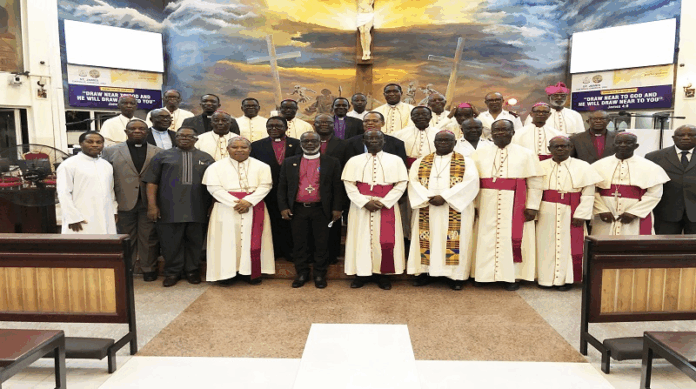The Ghana Catholic Bishops’ Conference and the Christian Council of Ghana have reaffirmed their commitment to maintaining the Christian character of mission schools, amid national debate over whether Muslim students should be allowed to fully practise their faith within these institutions.
In a joint statement issued on Tuesday, November 25, 2025, the Churches described the issue as one of the most sensitive confronting Ghana’s education sector. They emphasized that their position is rooted in history, law, and the original purpose of mission schools, rather than intolerance.
The statement highlighted that mission schools predate the modern Ghanaian state. The founding Churches acquired land, built facilities, trained teachers, and shaped the moral and academic culture long before government support began.
State assistance, the Churches stressed, “is a partnership, not a takeover,” and does not grant authority to alter the religious identity of the schools.
Parents voluntarily choose Christian mission schools for their discipline, academic excellence, and moral formation, and are fully aware of the Christian practices in place. The Churches argued it is therefore unreasonable for non-Christian students to demand changes to the schools’ core character, especially when alternatives such as public schools, Islamic schools, and private institutions exist.
The statement also warned that allowing parallel religious systems could undermine discipline and administrative order. “Permitting separate religious practices, uniforms, and prayer schedules would fracture the communal unity and discipline that underpin our schools’ ethos. A cohesive community guided by shared values, common worship, and a single code of conduct has consistently produced graduates whose virtues endure throughout their lives. Parallel religious systems could erode this cohesion and weaken the qualities that have made our mission schools strong,” it read.
The Churches referenced the 2024 Memorandum of Understanding (MoU) developed by Government-Assisted and Private Mission Schools in collaboration with the National Peace Council, which affirms the long-standing partnership between the State and mission bodies while offering guidelines on issues such as fasting, dress codes, and worship spaces.
“Ultimately, our stance is rooted in the very heart of our missionary purpose. These schools were never established merely to instruct in mathematics, literature, or science. They were founded to form young people holistically—intellectually, morally, and spiritually—in the light of the Gospel. Christian worship, formation, and values are integral to our identity and the very reason for our existence,” the statement emphasized.
The Churches maintained that welcoming students of other faiths does not require altering the schools’ foundational mission, and doing so would undermine both institutional autonomy and religious freedom.


